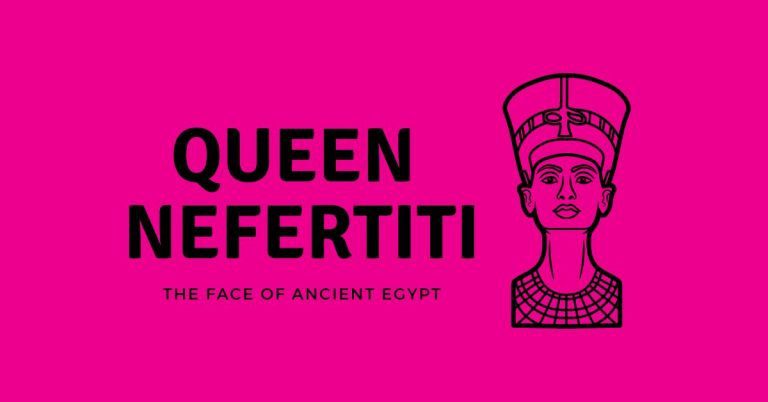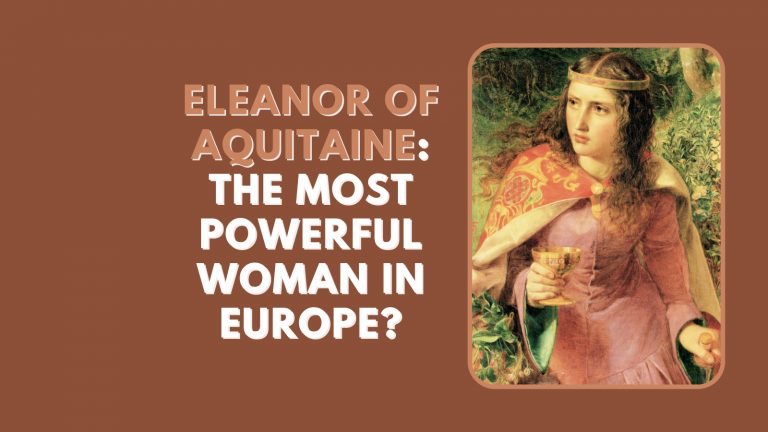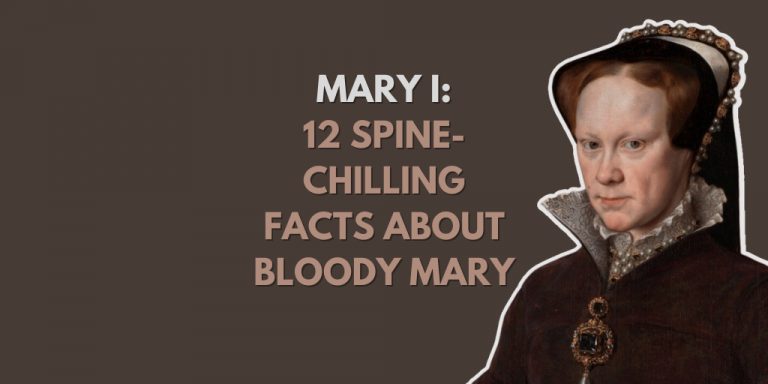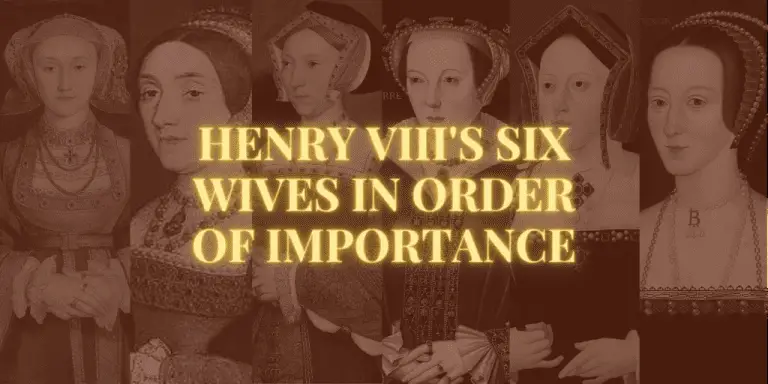What is Richard I most famous for?
Richard I, better known as Richard the Lionheart, took to the English throne in 1189, stepping into the shoes of his elder brother, Henry the Young King. His reign spanned a decade, and was distinguished by his exceptional courage, the trait that earned him his illustrious nickname. The third son of Henry II, Richard’s reign marked a distinct departure from his father’s administration, known for its focus on legal and administrative reforms. Rather, Richard’s era echoed the medieval model of warrior kingship, heavily steeped in chivalry, conquest, and religious conflicts.
Despite his depiction as the epitome of knightly virtue and valour in subsequent medieval tales, Richard I’s tenure as the King of England was punctuated by his lack of interest in governance and diplomacy. His focus was majorly directed towards warfare and reputation-building through his involvement in the Crusades. He also invested heavily in promoting a courtly aesthetic defined by its grandiosity, further underscoring his image as a warrior king rather than a statesman.
What is the number one thing Richard I is most famous for?
Richard I’s reputation as an indomitable military leader during the Third Crusade solidified his standing as one of the most revered medieval warrior-kings. His victories, notably at the Battle of Arsuf, won him admiration from allies and adversaries alike, amplifying the legend of his chivalric kingship. Saladin, his Muslim opponent, grew to respect Richard, deeming him the only Crusader deserving of the title ‘melech’ (king), due to Richard’s honour, courage, and steadfast adherence to chivalry.
Back home, Richard I championed the rights of English Jews, introducing legislation aimed at curbing antisemitic violence. This marked a significant reversal of many of the oppressive policies implemented by his father, Henry II. Nevertheless, Richard’s decision to invade and annex Cyprus during the Third Crusade cast a shadow over his ‘noble crusader’ legacy. This aggressive move led to an extended period of Latin Christian rule over Cyprus, contributing to his complex legacy. Despite this, Richard I’s military feats, immortalised in song and legend, have come to symbolise the height of knightly virtue and honour in the medieval era.
What else is Richard I remembered for?
Richard I’s reign in England was primarily marked by his absenteeism, a consequence of his focus on crusading and warfare abroad. His overseas engagements resulted in the imposition of hefty taxes, breeding resentment amongst the English who felt forsaken by their king. Richard’s frequent absences also led to losses in French territories, with Philip II capitalising on these opportunities to expand his own territory.
In Richard’s absence, ministers like William Longchamp were tasked with managing the kingdom. Their efforts to quell discord amongst nobles, maintain the kingdom’s finances, and invest in infrastructure were, however, largely futile. Upon his brief return to England after his captivity in Germany, Richard I implemented a series of administrative reforms and tax decrees aimed at stabilising royal finances and authority. But, he soon embarked on another crusade, leaving the governance of the kingdom in turmoil.
Despite Richard I’s portrayal in folklore as an admirer of court culture, his disinterest in statecraft resulted in an unstable domestic legacy. His preoccupation with warfare often overrode his wisdom, painting a picture of a ruler more at home on the battlefield than at court.
You might not know this about Richard I
While Richard I is widely recognised as a formidable crusading warrior-king, he also had a lesser-known artistic side. Contemporaries describe the Lionheart indulging in poetry and music, showcasing his considerable talent and enthusiasm in these arts. Richard I is believed to be the first known author of pastourelle, a type of knightly lyrical verse that glorifies true love, nature, and pastoral life.
Additionally, Richard I played a significant role in elevating the status of the langue d’oc, the vernacular Occitan language used in southern French poetry and songs of courtly love. This patronage of Occitan literary culture marked a significant departure from the practices of his predecessors. So, beneath the veneer of the warrior-king famed for his crusading conquests, lay a man of artistic refinement and lyrical sensibilities. While he was no Solomon, Richard I’s dual reputation as a brave Lionheart and a cultured troubadour-poet showcases the multifaceted nature of this medieval king.







